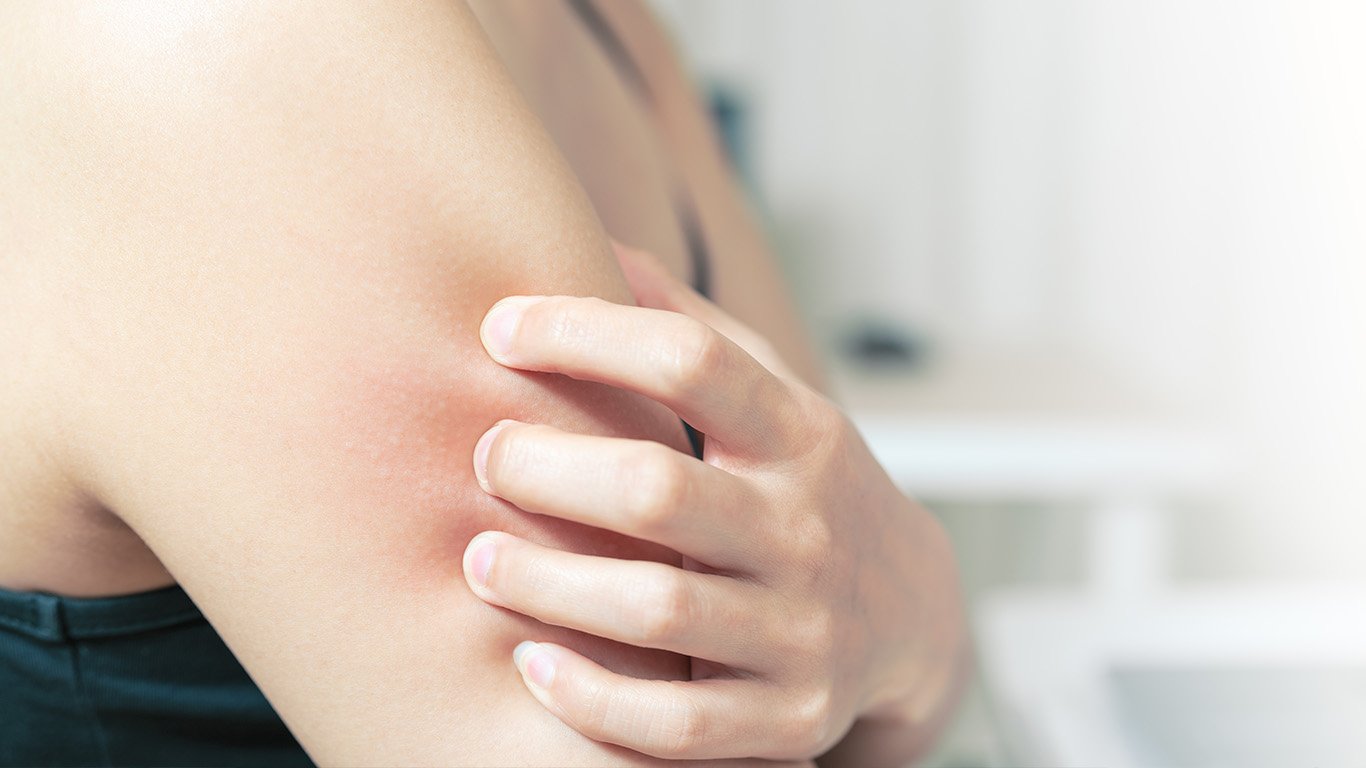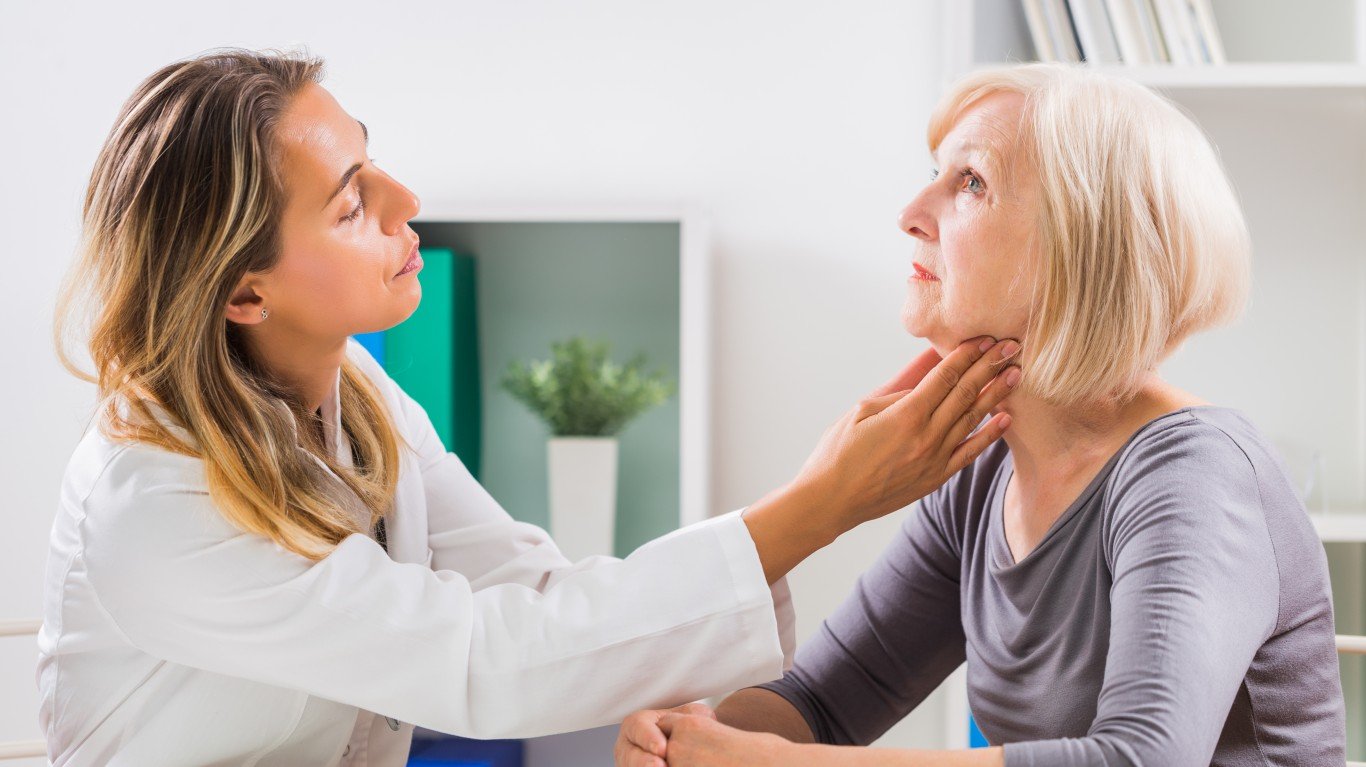

Psoriasis and eczema are both common skin conditions. Eczema affects about 31.6 million people in the United States, while as many as 7.5 million suffer from psoriasis. Both cause red, itchy skin, and they can sometimes look so much alike that some doctors, especially general practitioners, may have trouble distinguishing between them — though they look quite different to dermatologists.
Both psoriasis and eczema are autoimmune diseases — the former being the most prevalent autoimmune disease in the United States. Psoriasis causes the life cycle of skin cells to accelerate. The dead cells build up on the skin instead of being sloughed off. The disease is believed to be caused by overactive T cells and other white blood cells, which both attack healthy skin cells and trigger increased skin cell production.
Eczema is triggered primarily by exposure to bacteria, allergens, or various other irritants, and may be more prevalent in those who have a genetic variation that affects the skin’s ability to protect itself. The main risk factor for eczema is a family or personal history of asthma, hay fever, allergies, or eczema itself.
“Eczema” is an umbrella term, describing various related conditions that cause inflamed, itchy skin, according to the National Eczema Association. They recognize six types. The most common kind, and the one that most of us think of as eczema, is correctly called atopic dermatitis. It usually appears in the crooks of the elbows or knees, though it may also affect the back of the neck and the face. The main risk factor for atopic dermatitis is a family or personal history of asthma, hay fever, allergies, or the condition itself.
There are likewise several kinds of psoriasis, seven in all, the most common being plaque psoriasis. This condition causes raised, dry, scaly red lesions, typically on elbows and knees, though the lesions can appear anywhere on the body, including the face and the inside of the mouth.
There is no cure for either atopic dermatitis or psoriasis, and both are chronic conditions, often coming and going. Preventative measures may stave off flare-ups of either one, however. Doctors recommend that those affected try to identify and avoid factors that may set off bouts of the disease. Such factors include stress and obesity. Smoking increases the risk of psoriasis and can make it worse. Infants and children affected with eczema may experience flare-ups from eating potentially allergenic foods.
Both conditions react negatively to cold, dry weather, and both may be partially soothed by keeping the skin well lubricated and by using only gentle soaps. The American Academy of Dermatology also recommends bathing in a well-diluted solution of household bleach to prevent flare-ups of atopic dermatitis.
Essential Tips for Investing: Sponsored
A financial advisor can help you understand the advantages and disadvantages of investment properties. Finding a qualified financial advisor doesn’t have to be hard. SmartAsset’s free tool matches you with up to three financial advisors who serve your area, and you can interview your advisor matches at no cost to decide which one is right for you. If you’re ready to find an advisor who can help you achieve your financial goals, get started now.
Investing in real estate can diversify your portfolio. But expanding your horizons may add additional costs. If you’re an investor looking to minimize expenses, consider checking out online brokerages. They often offer low investment fees, helping you maximize your profit.
Thank you for reading! Have some feedback for us?
Contact the 24/7 Wall St. editorial team.



